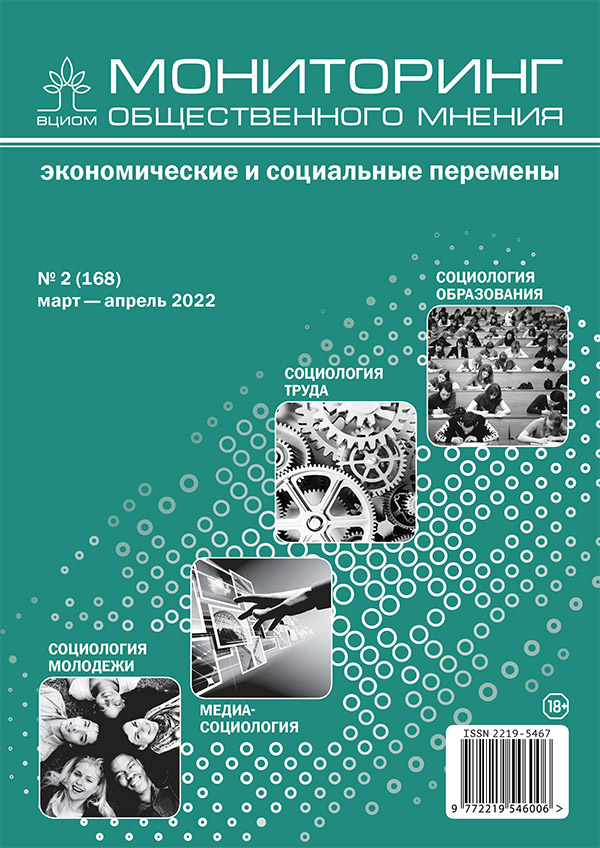Социальные стандарты и инклюзивная модель развития сельских территорий
DOI:
https://doi.org/10.14515/monitoring.2022.2.1929Ключевые слова:
социальные стандарты, сельские территории, инклюзивное развитие, государственное регулирование, социальное неравенство, пространственная дифференциацияАннотация
Статья посвящена необходимости применения государственных социальных стандартов жизни и жизнеобеспечения в системе государственного регулирования инклюзивного (всеобъемлющего) развития сельских территорий Российской Федерации. Содержит анализ современного состояния и сложившихся тенденций их социально-экономического развития. Предпринята попытка оценить возможности согласования инклюзивной модели развития сельских территорий и аграрной политики в рамках адекватной современным вызовам модели сельского развития страны. Аргументирован вывод о неравномерности социального, экологического и экономического развития сельских территорий страны, значительной дифференциации по большинству важнейших индикаторов развития с городами, что крайне опасно для государства, для его единства и целостности. Отправными точками этой статьи служат социальная приверженность российского государства, что определено Конституцией, и необходимость применения целеориентированного государственного подхода в политике сельского развития. Обоснована целесообразность применения стандартов жизни и жизнедеятельности в качестве инструмента определения приоритетов политики сельского развития и контроля за эффективностью ее реализации. Что, в свою очередь, будет способствовать инклюзивному и устойчивому развитию сельских территорий Российской Федерации, выравниванию социального пространства, снижению социального неравенства, концентрации ресурсов на приоритетных направлениях социальной политики, решению проблем продовольственной безопасности.
Загрузки
Опубликован
Как цитировать
Выпуск
Раздел
Лицензия
Copyright (c) 2022 Мониторинг общественного мнения: экономические и социальные перемены

Это произведение доступно по лицензии Creative Commons «Attribution-NonCommercial-ShareAlike» («Атрибуция — Некоммерческое использование — На тех же условиях») 4.0 Всемирная.






